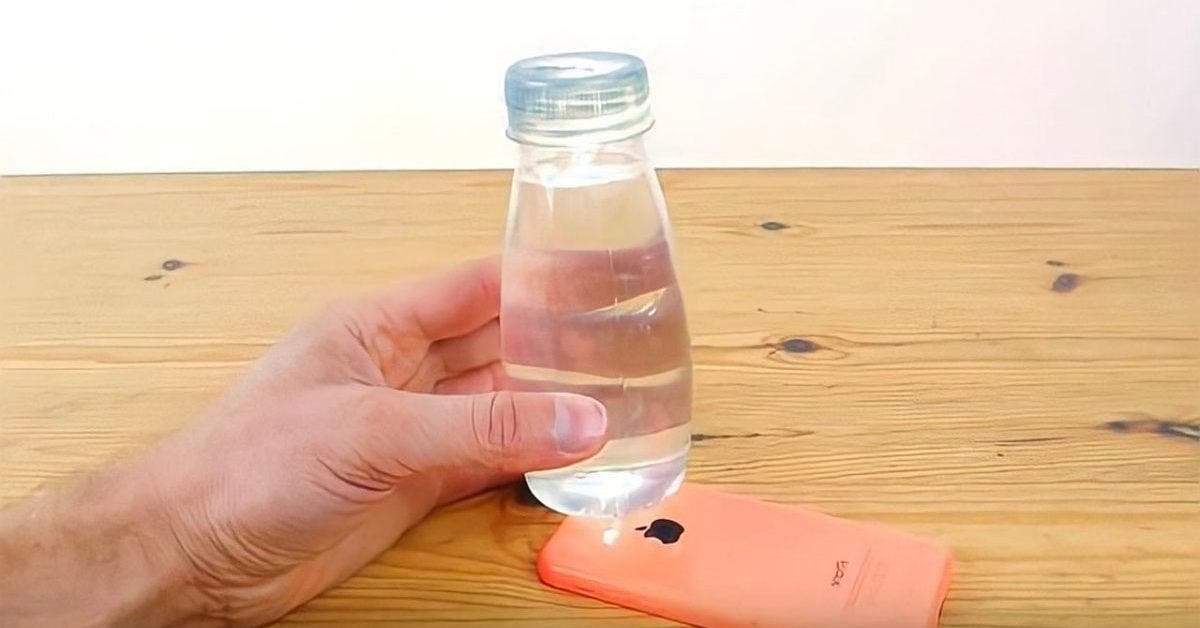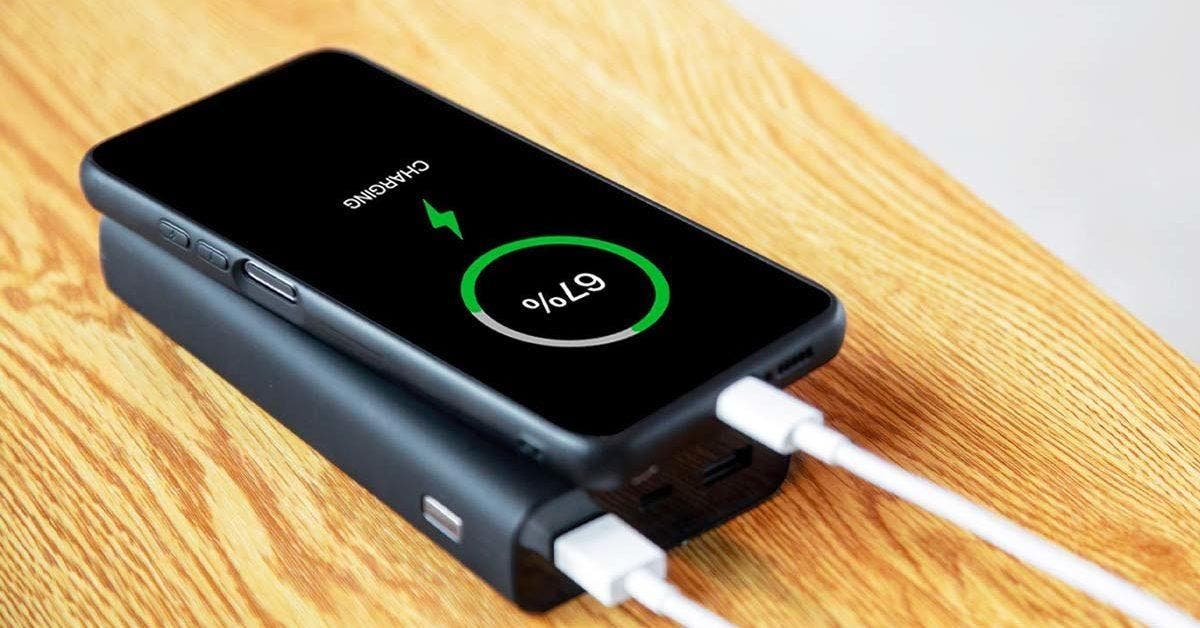The electrolyte balance in your body can be determined with a blood test. Your doctor may also ask urine samples in order to check your health, and sometimes EKG tests, ultrasound and kidney X-rays are required. Any changes in the electrolyte levels will be noted by your doctor – they are measured per liter of blood, and the imbalance is diagnosed when their range is either higher or lower than these levels:
Calcium: 5-5.5 mEq/L
Chloride: 97-107 mEq/L
Potassium: 5-5.3 mEq/L
Magnesium: 1.5-2.5 mEq/L
Sodium: 136-145 mEq/L
Common signs of electrolyte imbalance
Heart rhythm changes
Hyperkalemia is a condition which occurs when the levels of potassium in the blood are too high, and interferes with the normal nerve and muscle signals resulting in numb and weak muscles. High potassium levels also affect your heartbeat and make you feel anxious, while high calcium levels cause changes in your heartbeat.
Anxiety and insomnia
It’s not easy to fall asleep if you’re having night sweats, muscle spasms or arrhythmia. All these problems are caused by low magnesium levels, which also make you tired.
Digestive problems
High or low electrolyte levels can cause symptoms such as diarrhea, vomiting, nausea, cramps and hemorrhoids. Low sodium levels cause nausea, headaches, disorientation and respiratory problems.
Muscle spasms
The body dehydrates when the magnesium and potassium levels fall down, resulting in muscle weakness and cramps. Low potassium levels can also cause constipation, while low calcium levels are responsible for muscle spasms and cramps.
Confusion, irritability, dizziness
High sodium levels may make you feel dizzy and disoriented, and you can even experience seizures and coma in this case.
Bone pain
Although great for the bones, high calcium levels may cause bone fractures, kidney stones, constipation and vomiting.
The best way to resolve electrolyte imbalance is to adjust your diet, and you can do it by identifying how developed the imbalance is. A diet rich in sodium and processed food or a diet low in magnesium and potassium may result in a dangerous imbalance which should be addressed immediately. In this case, you should avoid junk food and eat more fresh food. Include cruciferous and leafy green vegetables in your diet, as well as sweet potatoes, broccoli, cabbage, bananas and avocados. You should also consume coconut water, watermelon, celery, pineapple, amasai, kefir, yogurt, carrots, bell peppers and kiwi to keep your body hydrated.
Here are some other tips on how to avoid electrolyte imbalance:
Monitor your sodium intake
You should always watch how much sodium you’re consuming, especially if you eat processed or pre-packaged foods often. Sodium retains or releases water – if your diet is high in electrolytes, it will excrete more water through the kidneys and cause other electrolyte imbalances. By monitoring your sodium intake, you can prevent symptoms such as bloating, lethargy, depression and weakness. Drink plenty of water and eat whole foods to obtain other electrolyte ions.
Drink water
Not drinking enough water may lead to electrolyte balance and dehydration. The amount of water you should drink depends on your age, size, diet and physical activity. The recommended amount is 10 glasses a day, or more if you’re exercising or breast feeding. Of course, over-hydration is possible, but rare. Your kidneys can’t excrete high levels of excess water, meaning that electrolytes can become diluted. This will result in low sodium levels, a condition common among athletes.
Check your meds
Antibiotics, diuretics, hormonal pills, blood pressure meds and cancer drugs can affect your electrolyte levels, with cancer patients on chemotherapy being the most affected. Laxatives and diuretics change the potassium and sodium levels in your urine and blood, and some diuretics can keep your potassium levels high and your electrolytes low, causing anxiety, fast heartbeat, digestive problems and insomnia.
Refuel after exercising
Drink water before, during and after exercising to keep your body hydrated – if your training takes longer, you should also replenish your electrolyte levels.
Consider supplements
Chronical electrolyte imbalance may be caused by stress, genetic factors and some medical conditions, so taking magnesium and other supplements may help you replenish their levels.
Source : www.myhealthytraining.com





